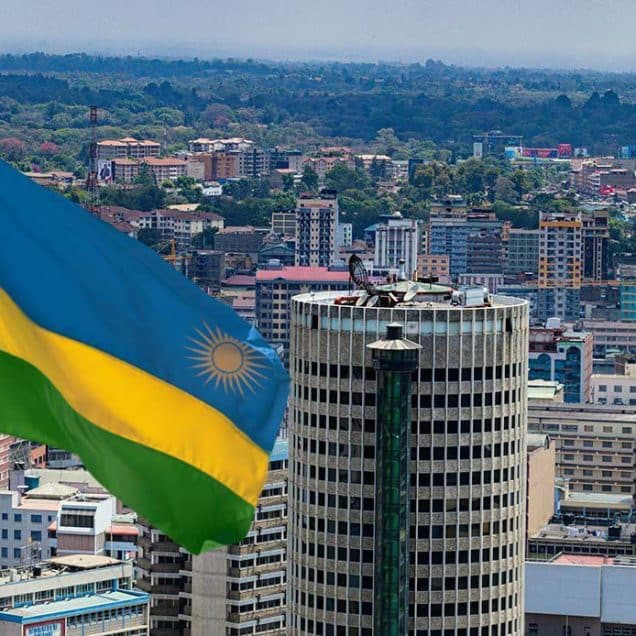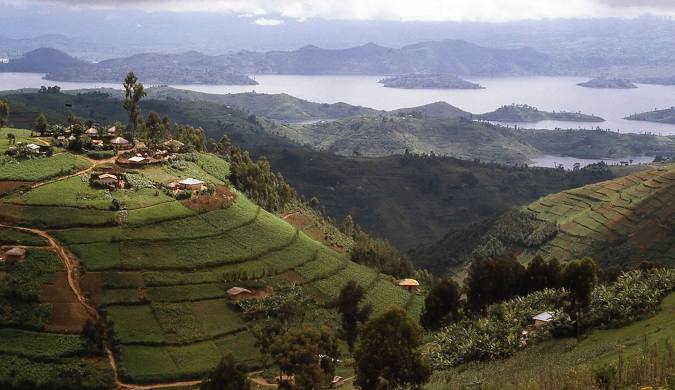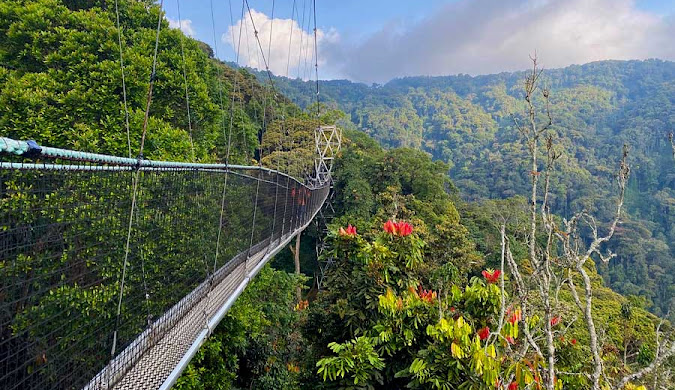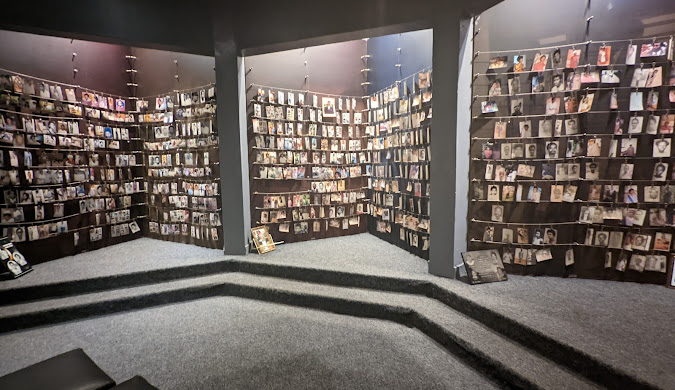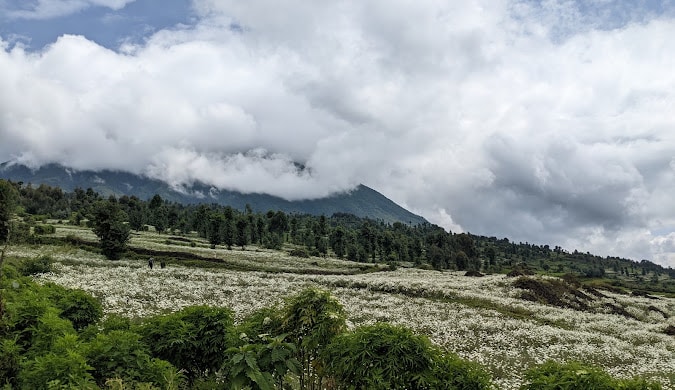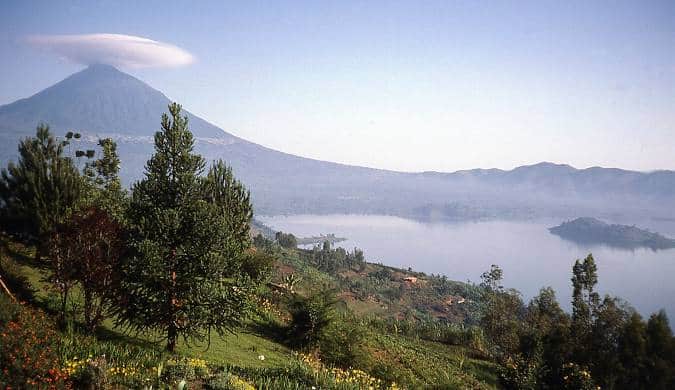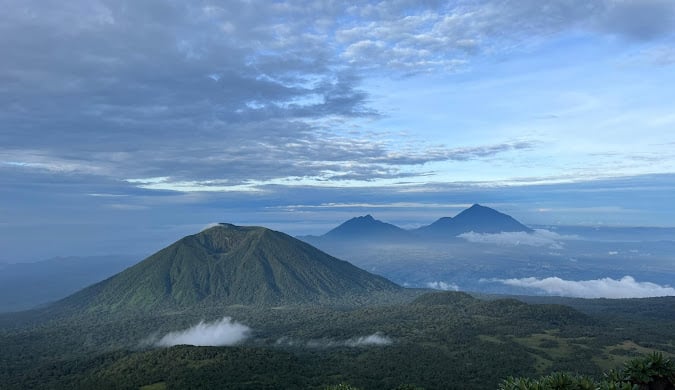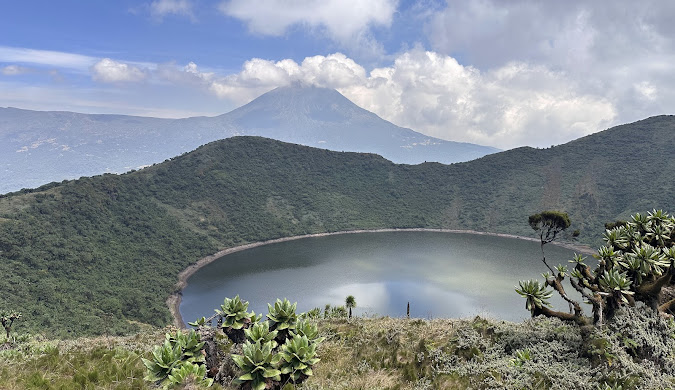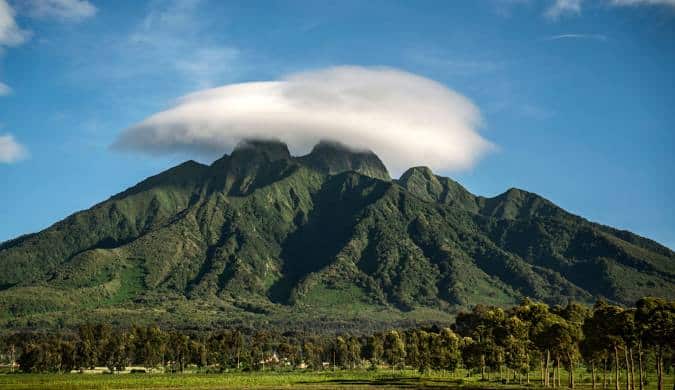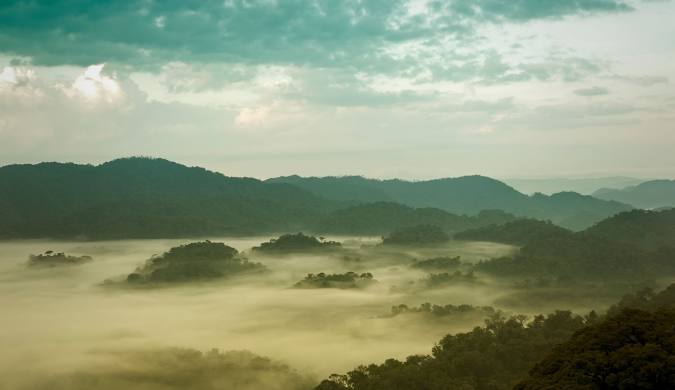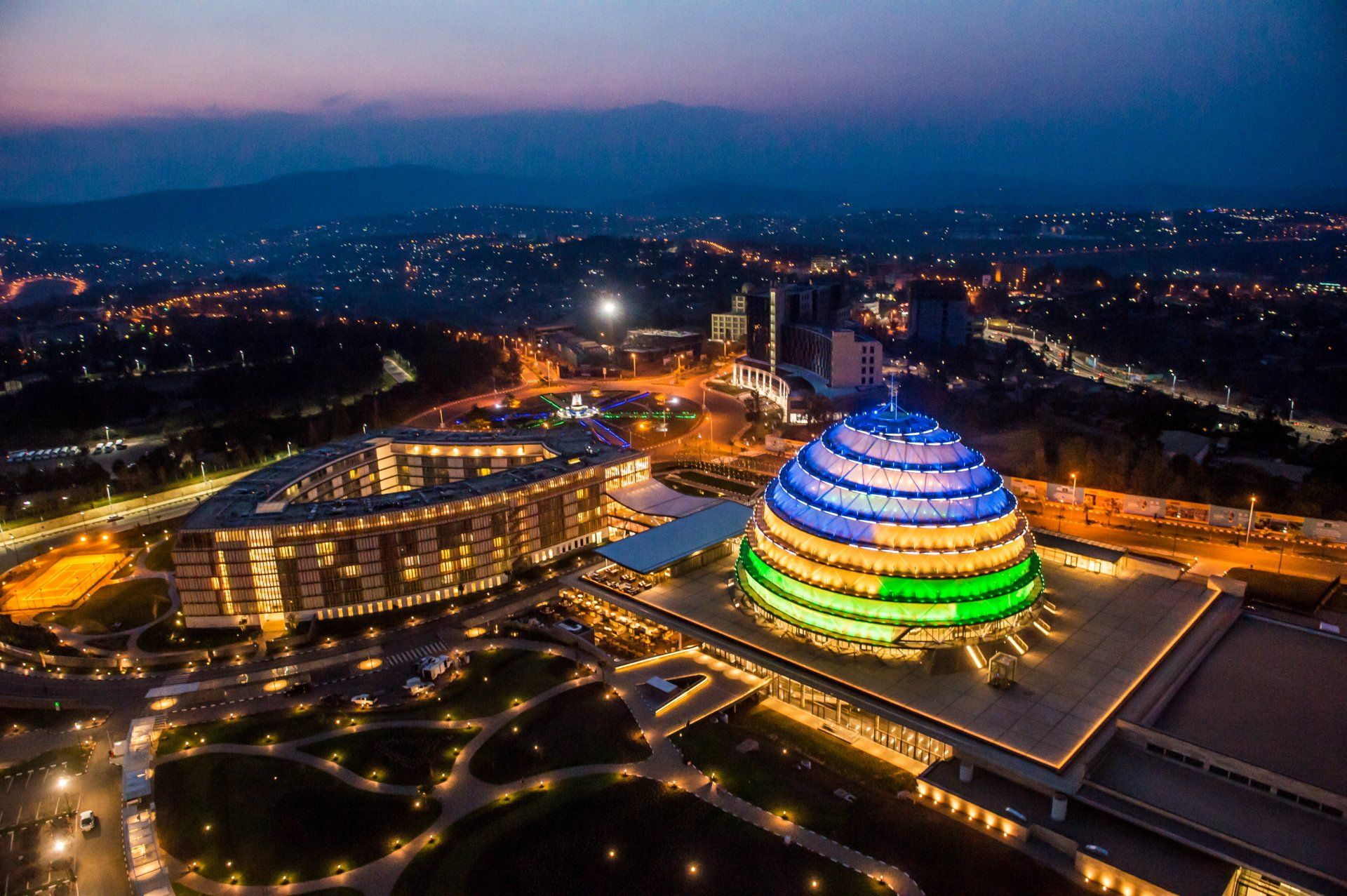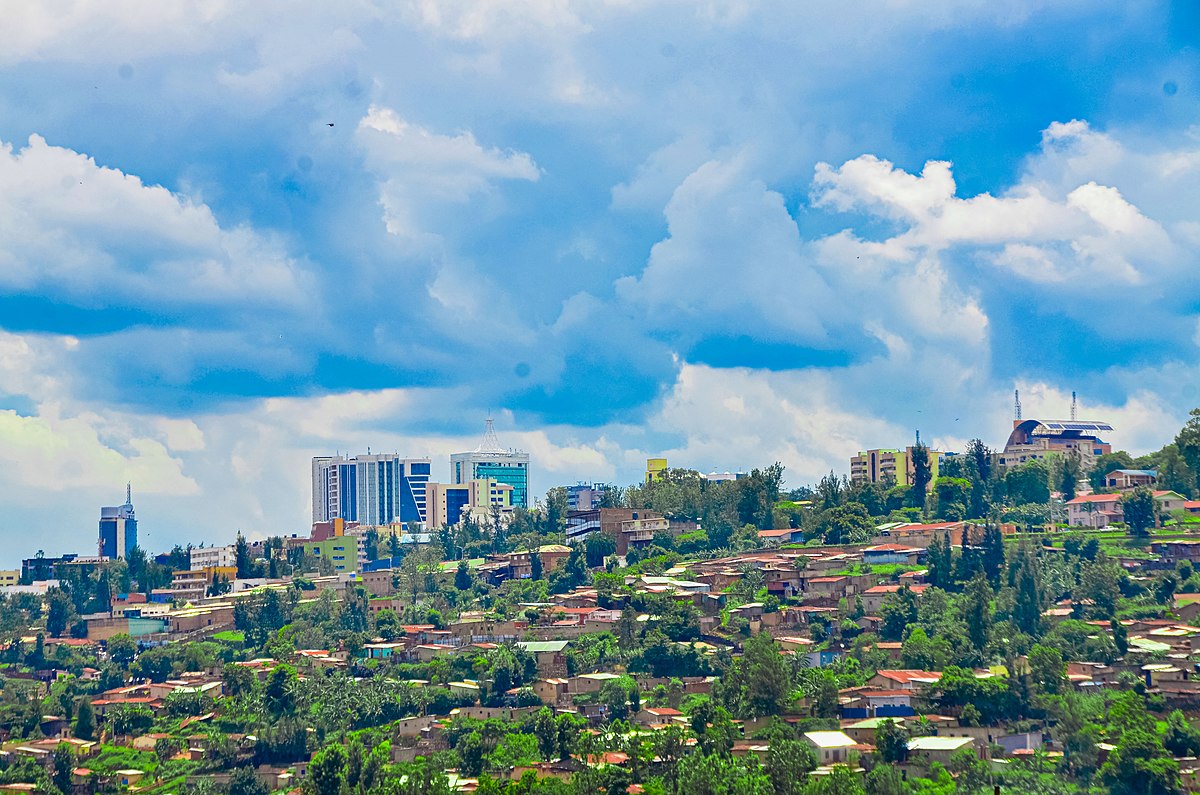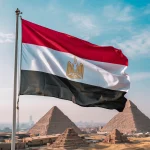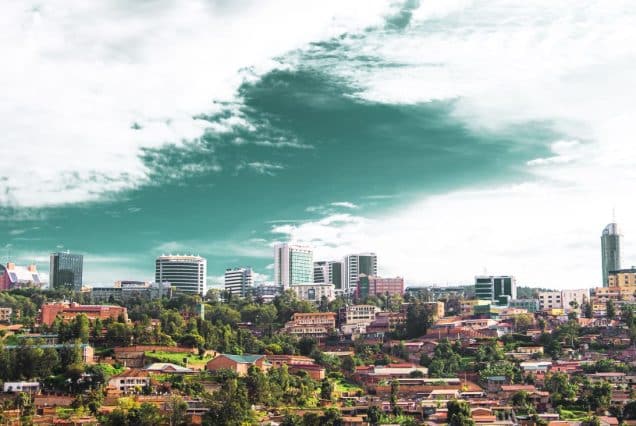

Discover Rwanda
Sights
Map
Info
Rwanda is a rapidly developing East African country known for its stunning natural beauty, rich history, and cultural heritage. The country offers breathtaking mountain landscapes, protected wildlife reserves, and iconic locations like Volcanoes National Park, making it an ideal destination for both wildlife enthusiasts and cultural tourists. When planning your trip, it’s helpful to be informed about visa and passport requirements, transportation and accommodation options, and dining and cultural practices. Additionally, practical tips about the local cuisine, shopping opportunities, and language barriers can help you make the most of your visit.
Visa and Passport Requirements
Visa-Free Entry: Citizens of the African Union and some other countries can enter Rwanda visa-free or obtain a visa on arrival for up to 30 days.
Passport Validity: Visitors must ensure their passport is valid for at least six months from the date of entry into Rwanda.
Visa Application: Travelers from countries requiring a visa can apply online via Rwanda’s e-visa system or through embassies and consulates.
Transportation
Buses: Buses are widely used for both intercity and intracity travel, and they are generally affordable. Kigali’s public transportation system is reliable and well-structured.
Taxis: Taxis are a convenient and affordable way to get around, particularly in Kigali. Moto taxis (motorcycles) are a popular, low-cost option for shorter trips.
Car Rentals: Renting a car is an option for exploring rural areas and national parks, though traffic drives on the right and rural roads may be challenging to navigate.
Accommodation
Luxury Hotels: Rwanda offers a range of five-star hotels in Kigali and other major tourist cities, particularly near national parks.
Mid-range Hotels: Clean, affordable mid-range hotels are widely available in Kigali and other regions, offering comfortable stays for visitors.
Eco-Lodges and Campsites: For wildlife enthusiasts and eco-tourists, eco-lodges and campsites provide sustainable accommodation options near protected areas.
Dining
Local Cuisine: Rwandan cuisine is based on staple foods like sweet potatoes, cassava, and bananas, with popular dishes such as isombe (cassava leaves) and brochettes (grilled meat skewers).
Restaurants: Kigali and major cities offer a mix of traditional Rwandan food and international cuisines, catering to a variety of tastes.
Coffee Culture: Rwanda is known for its high-quality coffee, and local cafés serve fresh, locally grown coffee that’s popular with both locals and tourists.
Cultural Considerations
Religion and Beliefs: Rwanda is predominantly Christian, and it is important to be respectful when visiting churches or religious sites.
Dress Code: Casual attire is common, though more conservative clothing is advised when visiting rural areas or religious sites.
Hospitality: Rwandans are known for their hospitality, and politeness and respect are highly valued in social interactions.
Language
Official Languages: Kinyarwanda, French, English, and Swahili are the official languages of Rwanda. English is widely spoken in major cities and tourist areas.
Foreign Language: Outside of Kigali, French and Kinyarwanda are more commonly spoken, so a basic understanding of local phrases or a translation app may be helpful.
Translation Apps: Translation tools and apps like Google Translate can help overcome language barriers in rural areas or outside major cities.
Technology and Communication
Wi-Fi Access: Free Wi-Fi is widely available in Kigali, especially in hotels, cafés, and restaurants.
Mobile SIM Cards: Local SIM cards are easy to purchase, providing affordable data plans for visitors. You can get them at the airport or in the city.
Shopping and Payment
Cash and Cards: Credit cards are accepted in major cities, though cash is preferred in rural areas. ATMs are available in Kigali.
Currency Exchange: The Rwandan Franc (RWF) is the official currency, and U.S. dollars or euros can be easily exchanged at banks or exchange bureaus.
Bargaining: Bargaining is common in local markets, especially for souvenirs and crafts, though larger stores typically have fixed prices.

